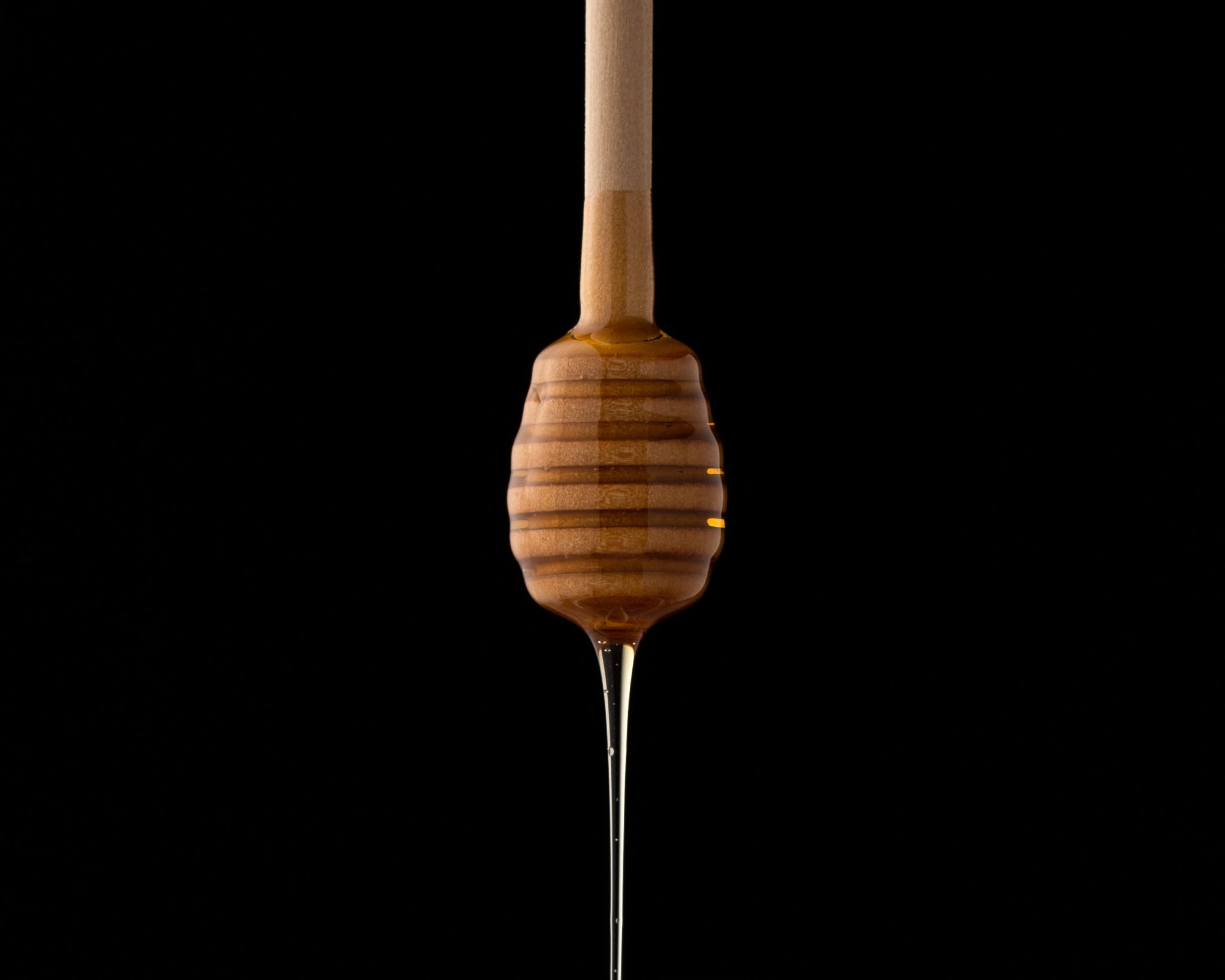
Unsplash
On Feb. 22, Yale Hospitality hosted Carla Marina Marchese in a virtual Food Conversation series event entitled “Honey Exploration Passport to Global Foods.”
The event gave approximately 75 on-campus students, selected by lottery, the opportunity to participate in an interactive honey tasting led by Marchese. Marchese, a self-described “honey sommelier,” received formal training as a honey sensory expert from the Italian National Register of Experts in the Sensory Analysis of Honey. She has authored and co-authored several books about beekeeping and honey, and is the founder of the brand Red Bee Honey. Marchese also established the American Honey Tasting Society in 2011, and was formerly the president of the Back Yard Beekeepers of Connecticut.
“The event was chock-full of surprising facts and information,” Pedro Tello, Yale Hospitality’s special events manager, said in an email to the News. “If I had to choose, it was exciting to learn how honeybees communicate through intricate dance patterns. It’s fascinating to tap into different communication styles and systems which are essential to survival — and in this case, result in making delicious honey too.”
Marchese’s introduction to the world of honey was in 2000, when a beekeeping neighbor gave her a tour of their hives. This tour helped Marchese overcome her fear of honeybees, which she realized are “very docile creatures.” Her interest was also piqued by the subspecies of bee her neighbor kept, the Italian honey bee. She remembers thinking to herself, “Well, I’m Italian, so that’s really interesting.”
As her tour of the hive continued, Marchese realized that “there’s a whole world inside the hive,” describing it as “a bit like a fairy tale.”
When her neighbor let her try fresh honeycomb from the bees, she was struck. “It was the most delicious honey I’d ever tasted,” and she remembers it as “a complete sensory experience.” She decided to start her own hive, and her neighbor became her beekeeping mentor.
It took Marchese two years to get her first honey harvest. A honeybee, she said, only makes one-twelfth of a teaspoon of honey during its lifetime — and, therefore, honey is a scarce resource and the third-most imitated food in the world.
Marchese started the honey tasting with an exercise to demonstrate “the difference between taste and flavor and how humans experience it.” Participants were asked to plug their nose, then place cinnamon particles from a sealed cup on their tongue. She emphasized that, with noses plugged, all participants could taste was sweetness. It was only when participants unplugged their noses that they could taste the cinnamon, a fact Marchese used to emphasize that smell is much more sensitive and complex than taste.
Then participants tried honeys sourced from different flowers and regions of the United States, guided by Marchese.
“She made sure to walk us through the different steps of stirring, smelling and finally tasting and pointed out certain characteristics of the honeys and how they were unique,” Hannah Huang ’24 said. “Yale Hospitality also did a great job organizing the event. Pickup was easy, the boxes were neatly packaged and they provided apples and bottled water as palate cleansers.”
Students tried several honeys, including a clover honey, a buckwheat honey, a blueberry blossom honey and a commercial blend. Huang’s least favorite was the commercial blend, which did not taste as complex as the others. Marchese attributed the taste of the commercial honey’s flavor to heating, which producers do to prevent crystallization. However, Marchese went on to explain that “crystallization is actually a sign of quality … you want your honey to crystallize.”
When asked where consumers should look for high-quality honey, Marchese recommended buying from either a local farmer’s market or beekeeper. Marchese closed by outlining several health benefits of honey consumption, and reminding the audience of the many environmental threats bees face, including habitat loss, climate change and chemical pesticides.
For Yale Hospitality, shifting the Food Conversation series to a virtual format was a complicated decision.
“So much of what makes these events successful are the experiential, in-person elements,” Adam Millman, Yale Hospitality’s senior director of residential dining, said. “Although it wouldn’t be the same, we felt strongly that we owed it to our students to carry on the tradition.”
Still, Millman said he still enjoys seeing students engage over Zoom.
According to Christelle Ramos, Yale Hospitality’s senior manager of marketing and communications, at least four more “Food Conversations: Passport to Global Flavors” events will occur throughout the spring semester.
Keenan Miller | keenan.miller@yale.edu







